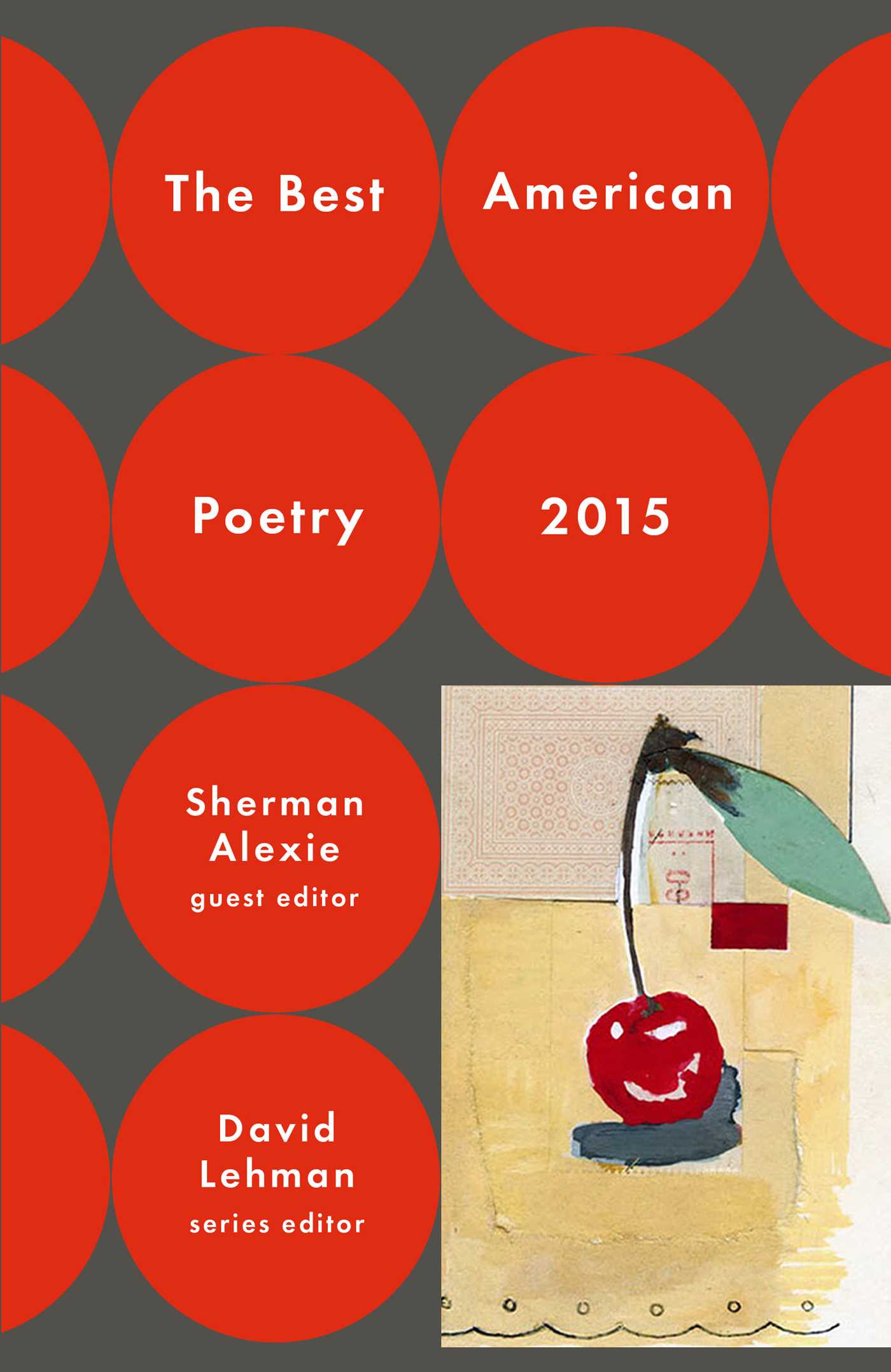Why Alexie was Right to Be Wrong about Yi-Fen Chou
Brad Fruhauff
 It’s been about a month since people were outraged by the Yi-Fen Chou/Michael Derrick Hudson thing (read more here, here, and here). A white guy pretending to be Asian merely to game “the system” has clearly made a moral error, and of course the fires of Internet outrage were quickly kindled, and of course whatever kernel of justice that outrage began with quickly turned ugly and arbitrary as that ire blasted its easy target.
It’s been about a month since people were outraged by the Yi-Fen Chou/Michael Derrick Hudson thing (read more here, here, and here). A white guy pretending to be Asian merely to game “the system” has clearly made a moral error, and of course the fires of Internet outrage were quickly kindled, and of course whatever kernel of justice that outrage began with quickly turned ugly and arbitrary as that ire blasted its easy target.
I like to mull and ponder, so the online tinderbox rubs me the wrong way even when it has a point. I also have little faith in the state of public discourse right now. But if we believe in democracy and the public square, if we Christians care about both racial justice and the integrity of the arts, then I suppose we contribute once in awhile, especially if we want to see more civil, measured discourse than we usually do. So, here goes . . .
My own sense is that Hudson was certainly wrong, but that Sherman Alexie was also wrong to have been influenced by the poet’s name. It’s just that Alexie was wrong in the right way, whereas Hudson was not.
What I mean is that we have a real history of racial injustice in this country that requires redress but that our efforts to redress it will necessarily be imperfect and possibly incur further injustices.
Consider Alexie’s criteria for selecting the “best” American poems, which aim for an objectivity defined against his existing preferences and according to a more or less familiar desire for fair representation. There’s nothing objectionable about his list—I had similar aims when I was poetry editor for Relief—but they do highlight the difficulty of really choosing “the best” when that term encompasses more than just the work itself, which is to say when the term refers not just to poetry but to the social context, America.
Alexie admits that Hudson was right; the Chinese name influenced his decision—not his appreciation of the poem, just his application of his criterion of diversity. He himself calls it “nepotism,” by which he means the privileging of an ingroup member over an outgroup one, and he understands the connotations of injustice. That is, he admits to committing an injustice but saw it as preferable to an alternative injustice.
And, honestly, I think that’s fair. We live in a fallen world where we do our best to correct past mistakes but cannot control the consequences of our choices. Once Alexie made his choice based on his criteria, to reject the poem on the basis of new information would only have muddled the issue by making it seem all about identity, which truly would have brought the other poems under a distracting scrutiny. The volume needs to be about poetry first, as much as possible, though it can never be about only poetry.
To be clear, I believe it is legit to imagine oneself in other identity positions as a writer or even as an ethical human being, but we’re not talking about an artistic choice; we’re talking about a blatantly cynical attempt to garner attention by co-opting an identity with perceived advantages and without regard for the lived experience of that identity. Hudson didn’t “reveal” anything about the world of poetry that we didn’t already know or that Alexie himself wouldn’t freely admit. It’s not even clear he had any such critical aim in mind.
Instead, he perpetrated a further aesthetic injustice by making us think the important question was what to think about him as opposed to what to think about the poems themselves. Because, as Alexie testifies to, there is always plenty to get upset about in any Best American volume, just as there is much to enjoy. So, go ahead and buy the book and read Yi-Fen Chou’s poem, but don’t stop there. Justice requires you give the other poets a fair shake.